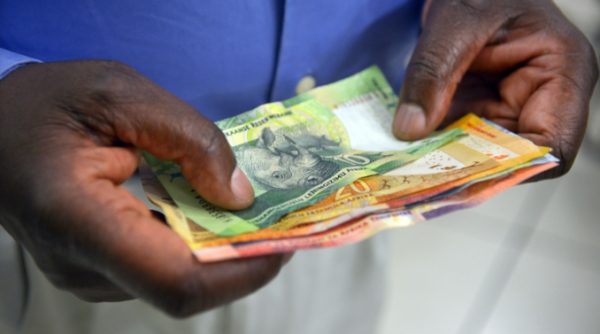
As South Africa kicks off Money Smart Week, it is important to reflect on how we, as consumers, manage our money, says Christian Hugo, Solution Strategist for FNB Integrated Advice.
Hugo said, “It is well known that South Africa consumers are stretched by the country’s rising cost of living. Therefore, a healthy relationship with money becomes even more important for anyone who wants to take full control of their money journey and life goals.”
Here is how consumers can ensure that their rands are working for them.
1. Monitor your spending
“This will be a great way to see where your money is going and to draw attention to any possible unconscious spending. It will also show you your main spending categories,” Hugo said.
2. Budget
Now that you have an idea of where your money is being spent, you can create your own budget.
According to Hugo, people should consider their priorities and determine whether their spending reflects those priorities.
You can do this by:
1. Looking at your financial lifestyle over the next 10 or 15 years. Then create a list of all of the things that are important to you such as retirement, the education of your children or being debt free.
2. Select the top three items from the list you create in the above step.
3. Look at where your spending your money and decide if that is in line with what is important to you.
“For example, if being debt free is important to you but you are spending lots of money on takeaways, maybe you can reduce the amount that you are spending on takeaways each month and rather use this money to pay off your debt quicker.”
Once you have made that decision, take action by scheduling a money transfer to pay of your debt to reduce the temptation of using that money for something else.
4. Do the 4-step process on a regular basis to ensure that you are only spending money on things that are important to you.
3. Use tech to manage your money
Once you have allocated your money, use technology to help you stay on track. There are number of free apps that will allow you to create your own budget, track your spending and offer resources to help people with money management.
4. Loyalty programmes
Loyalty programmes can help you save money that can be used for something else. Many of these programmes offer consumers discounts when they swipe their loyalty cards or allow consumers to use the cash value of their points to pay for items.
5. Save on fuel costs
Despite a reports that predict a decrease in fuel prices, consumers must still consider ways to cut down on fuel costs.
You can reduce your fuels costs by:
1. Planning your shopping for the month so that you are not making too many trips to the shops in a month.
2. Try online shopping to ensure that you only purchase the items that you need. You will also save on fuel costs.
3. Carpool if you are travelling regularly to the office
4. Ensure that your car gets serviced regularly and that your tyres are properly inflated.
5. Keep to the speed limit and avoid aggressive acceleration.
“Being aware of where your money is going and what you are spending it on is the first step in for setting yourself up for financial resilience,” Hugo said.









